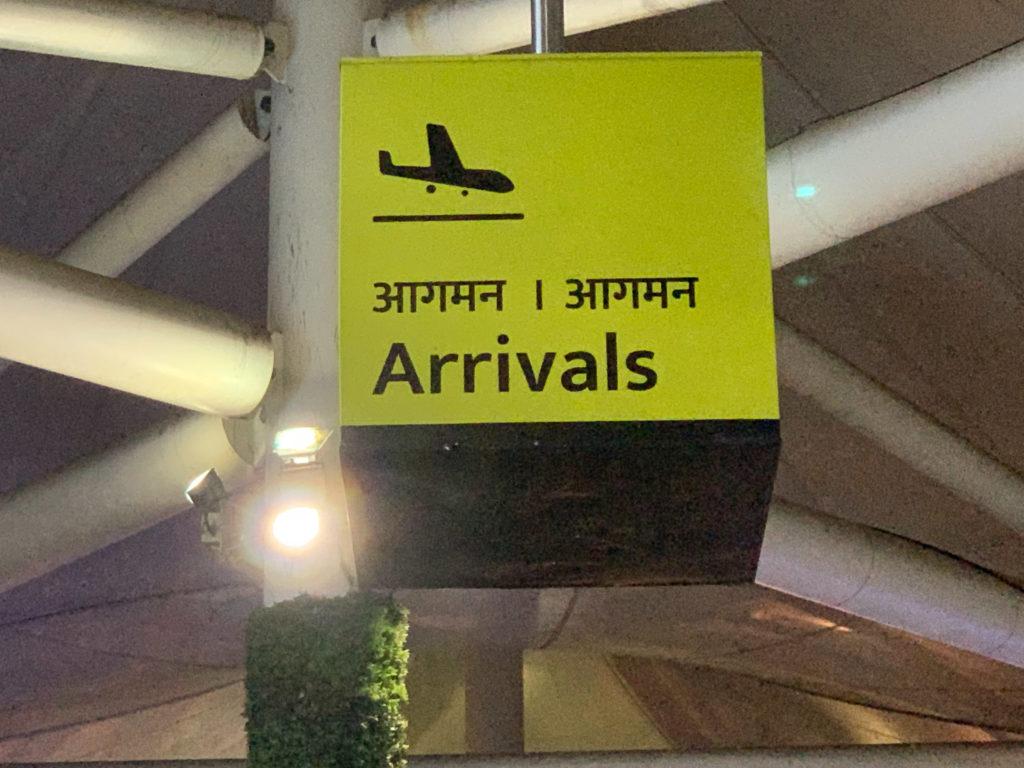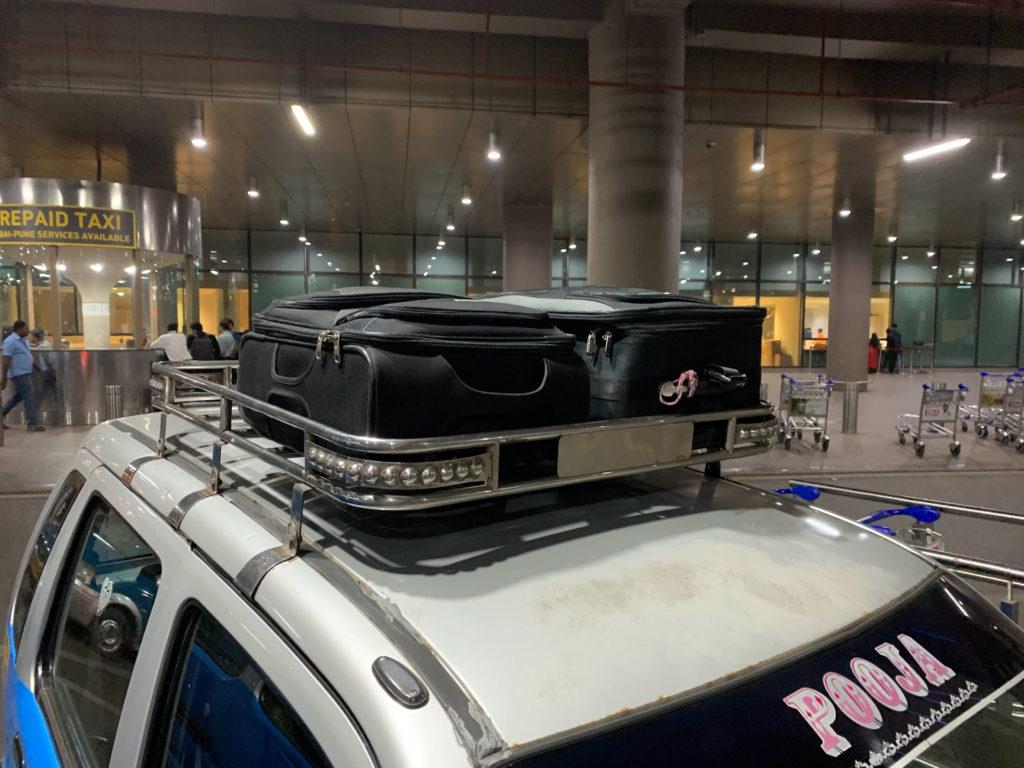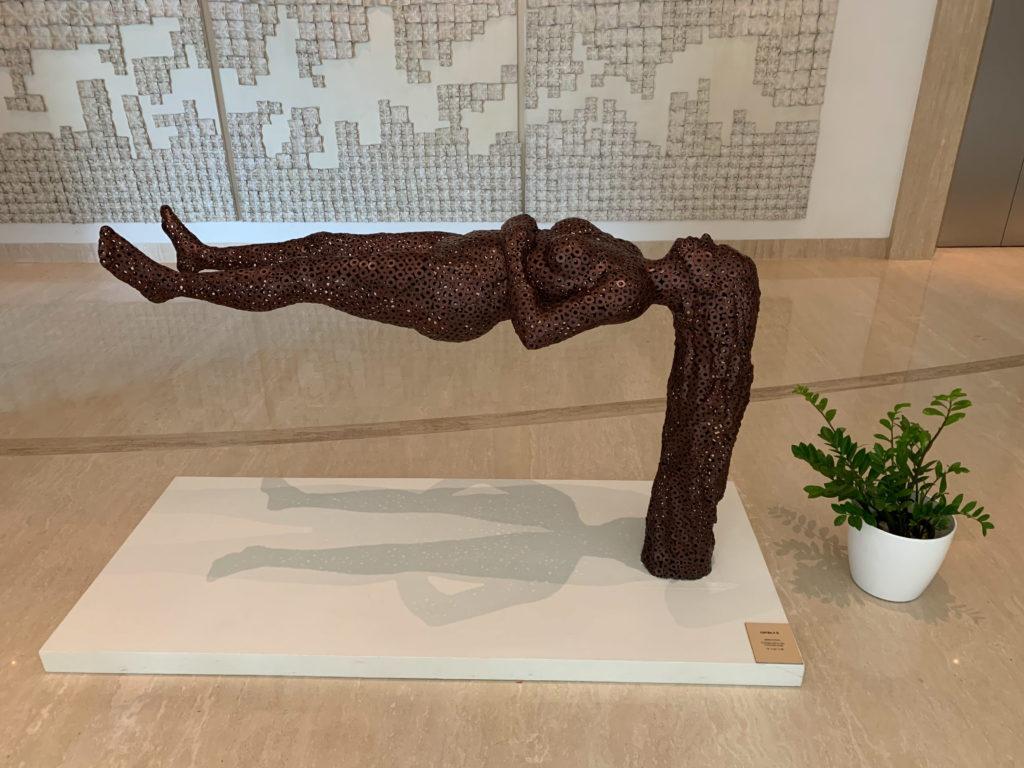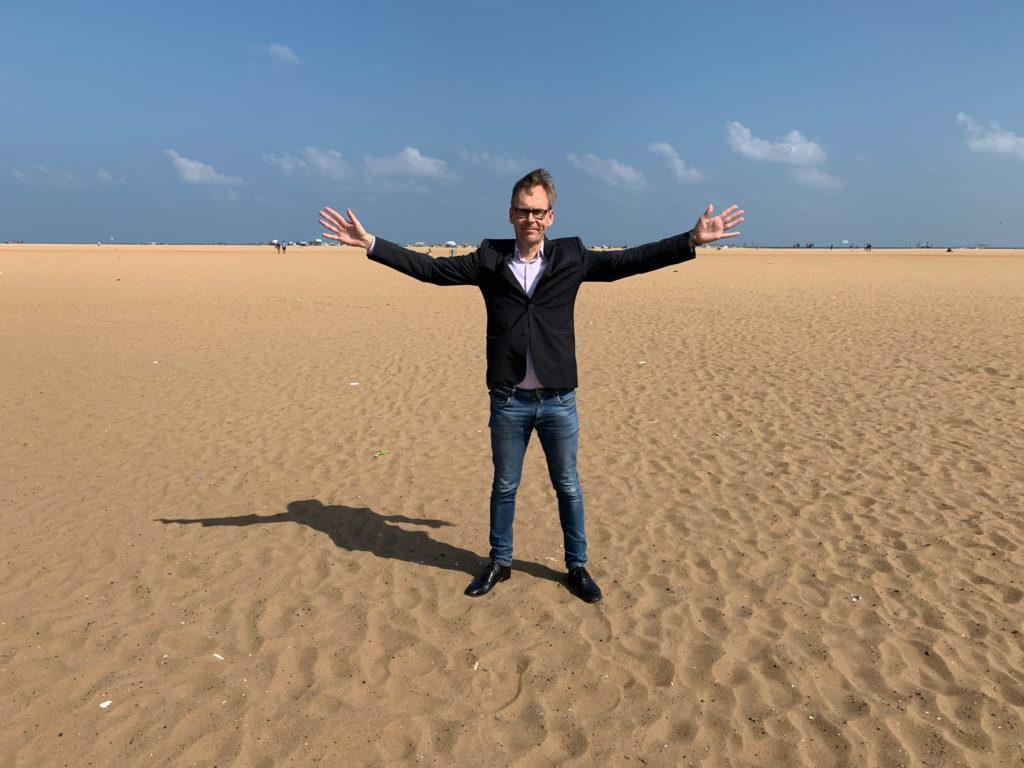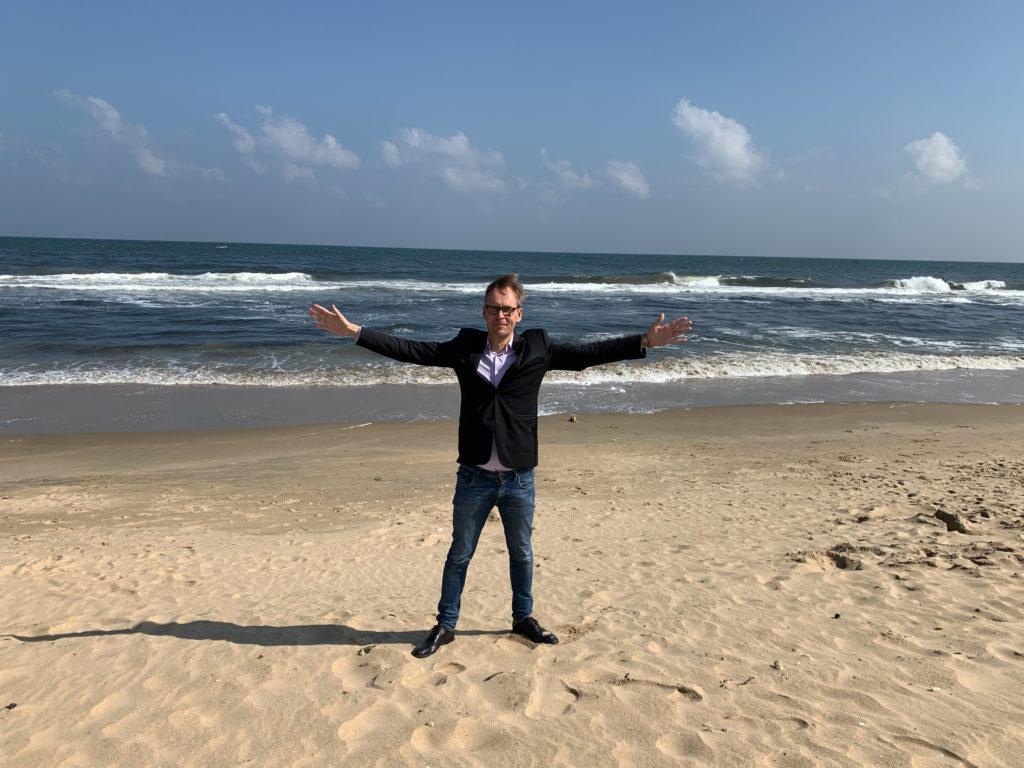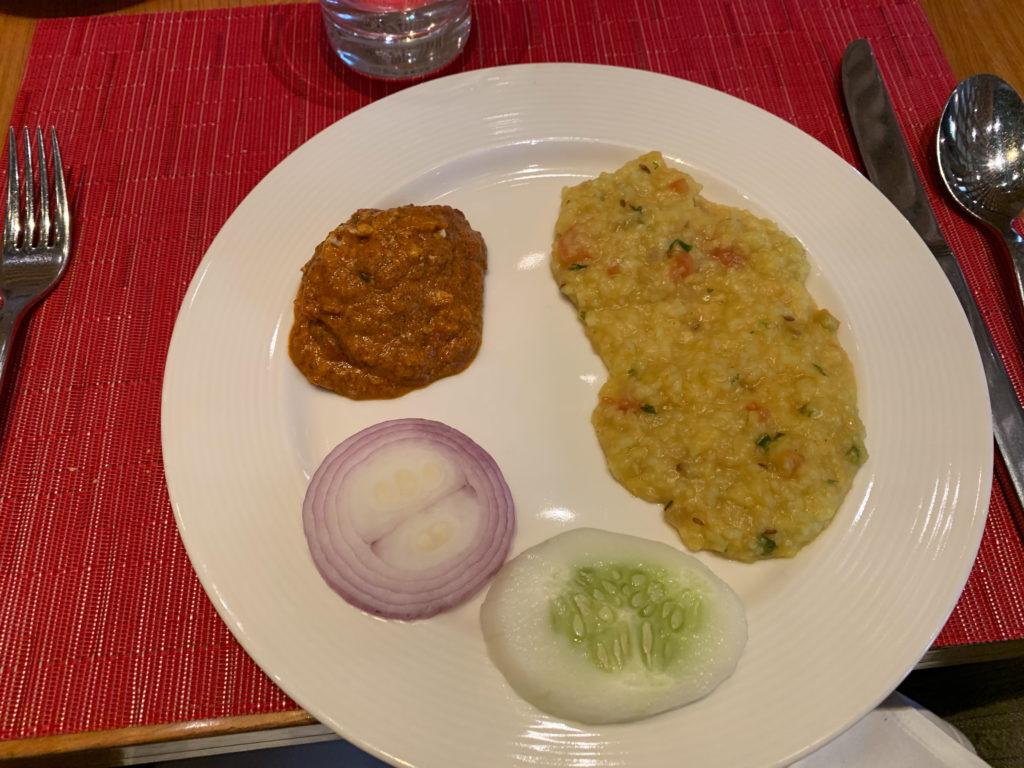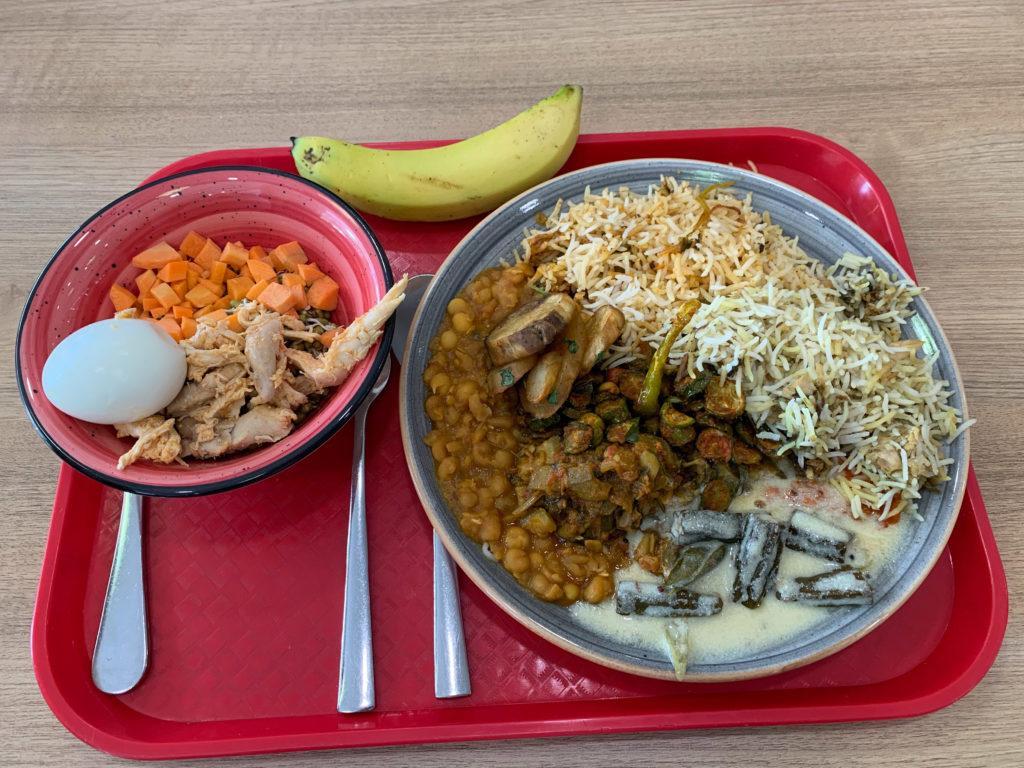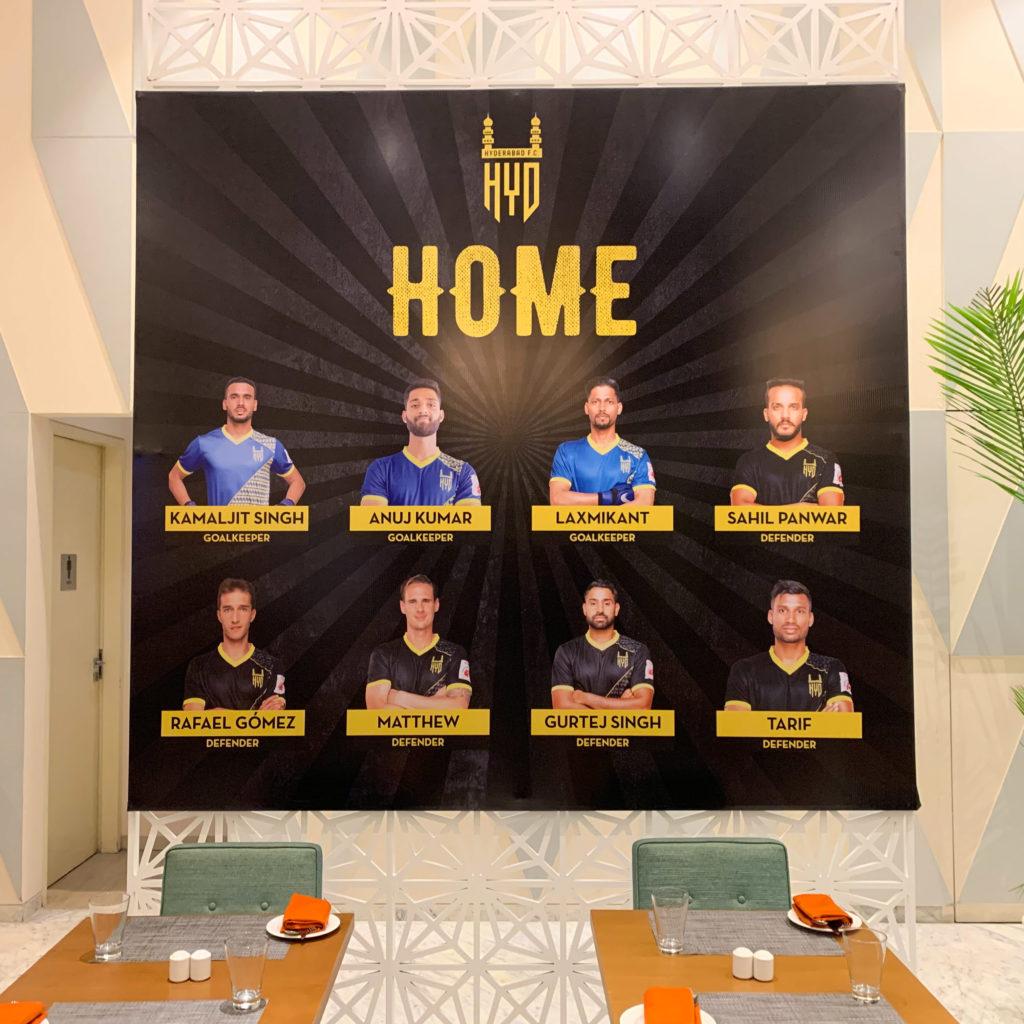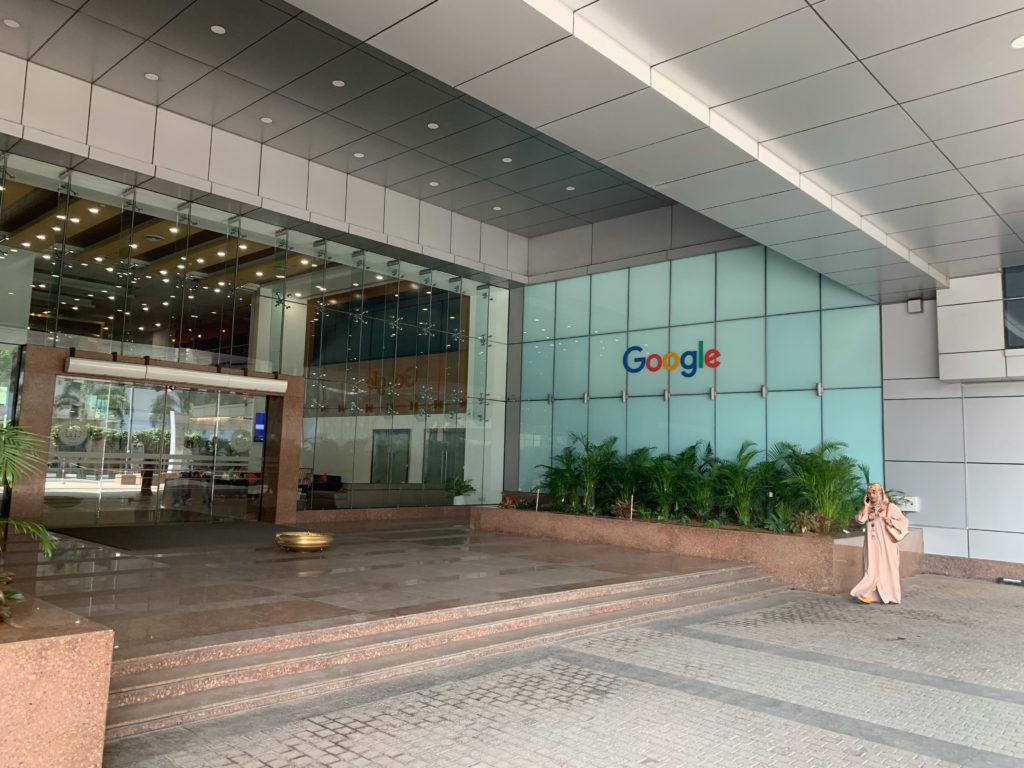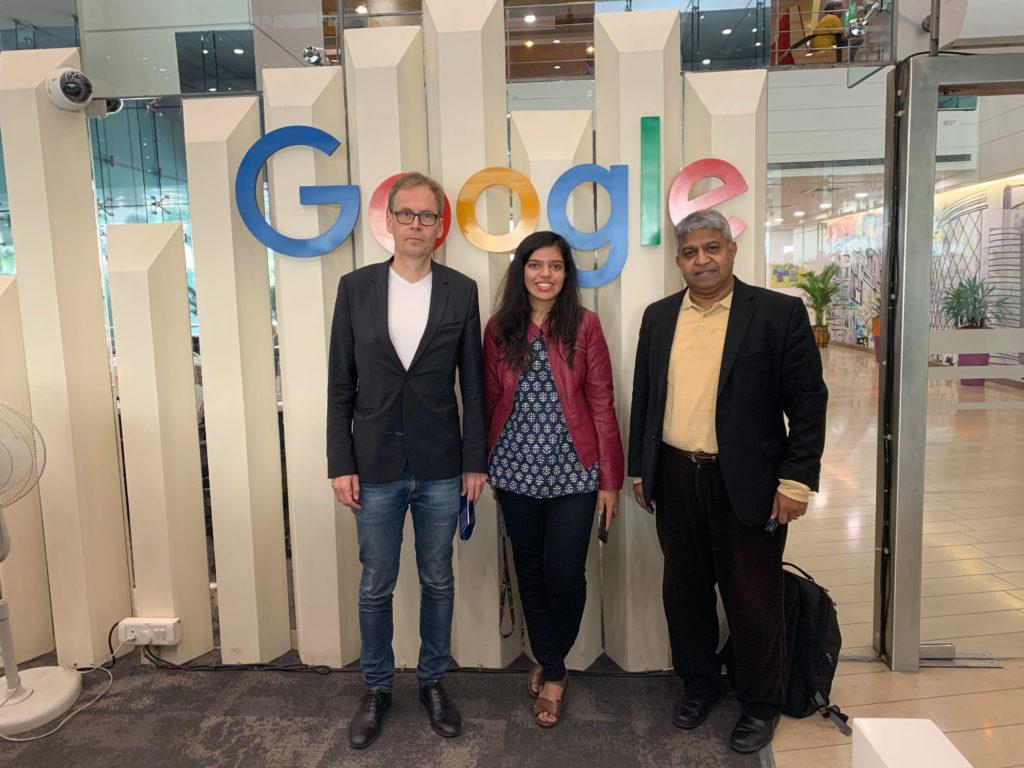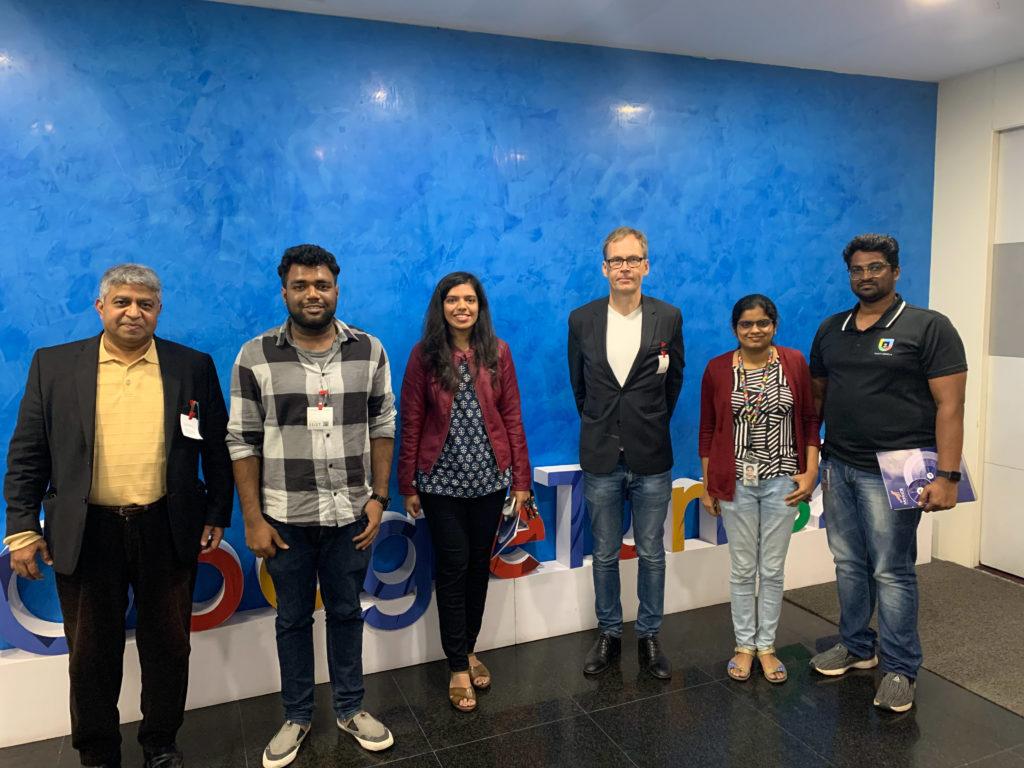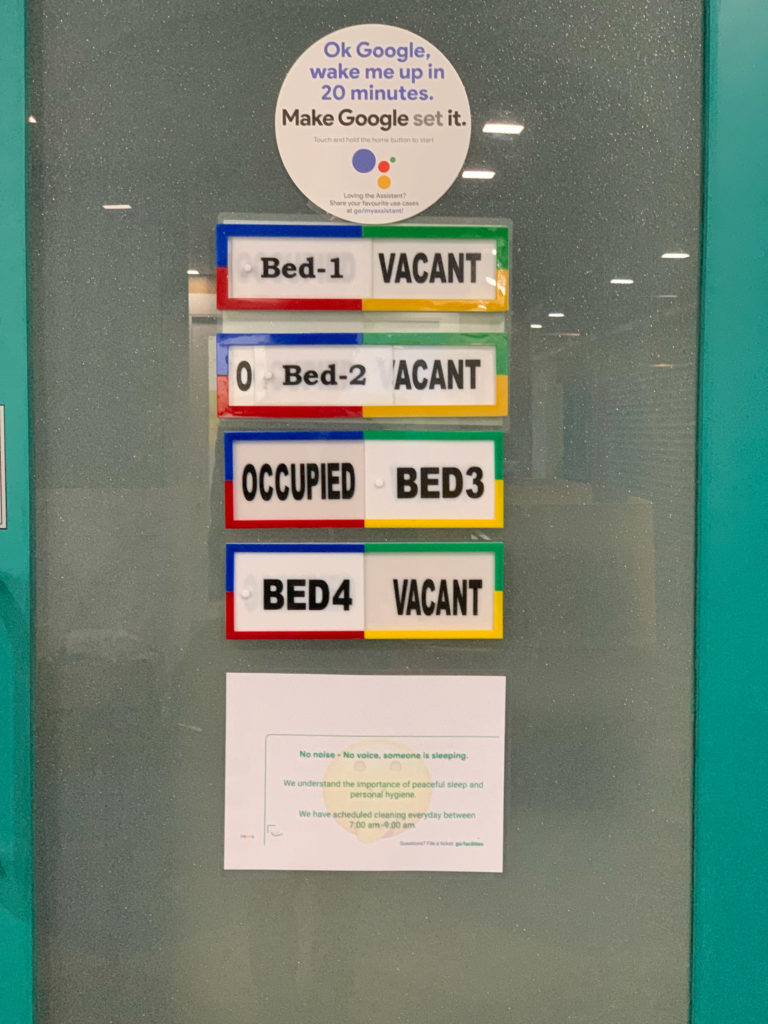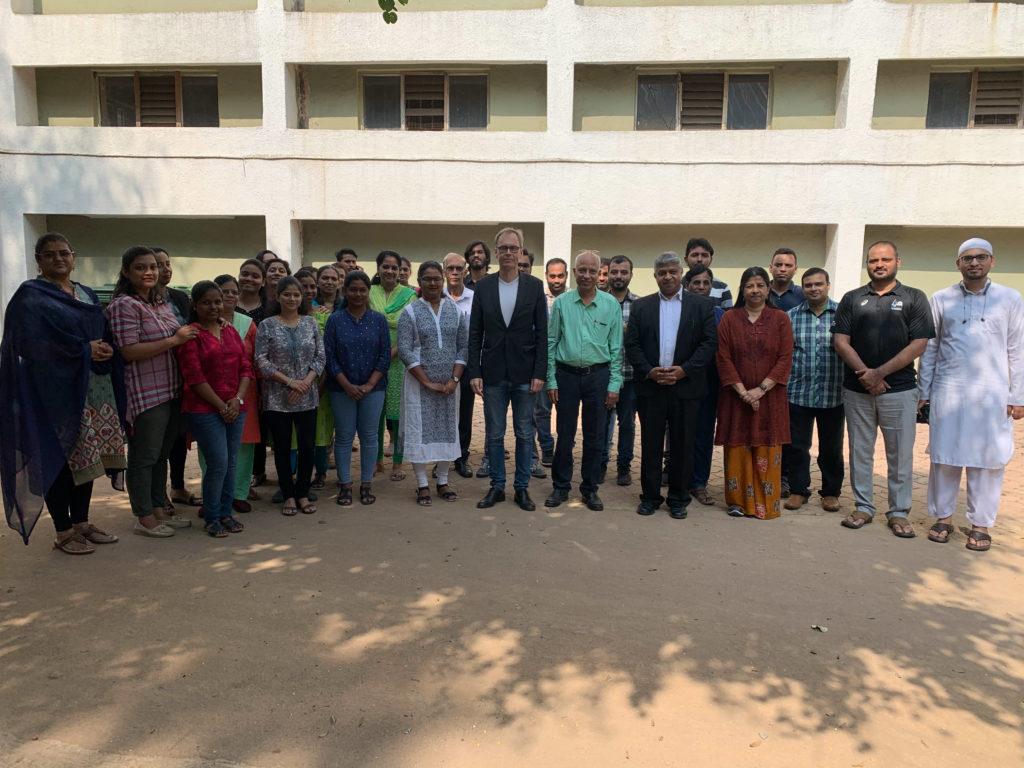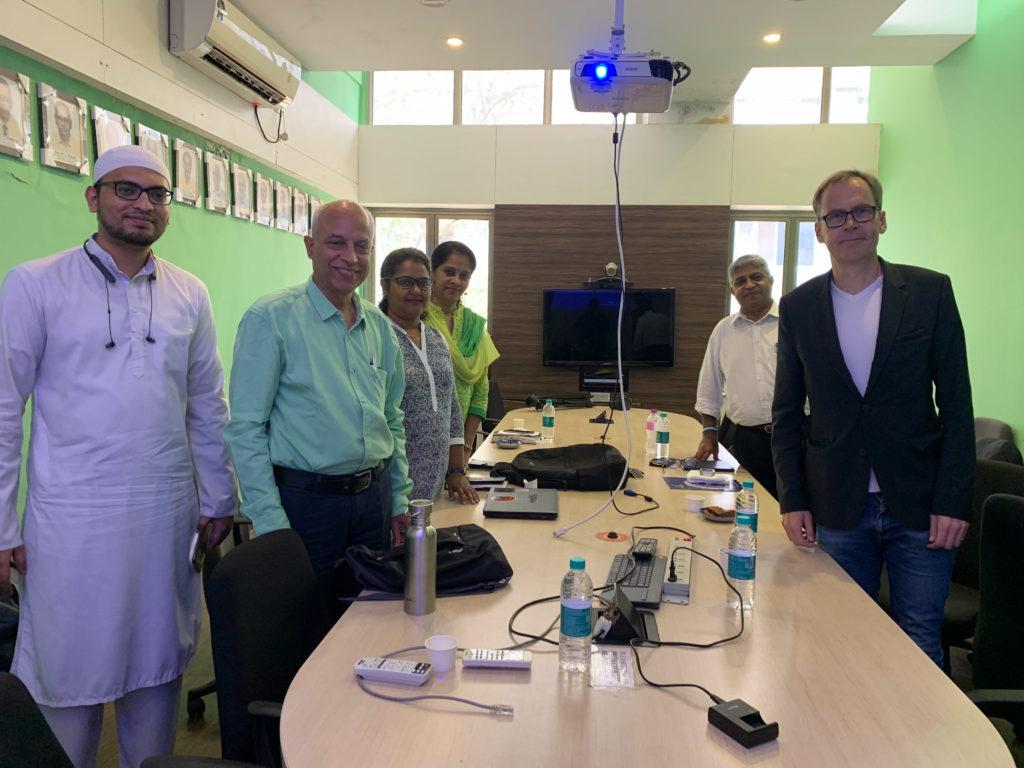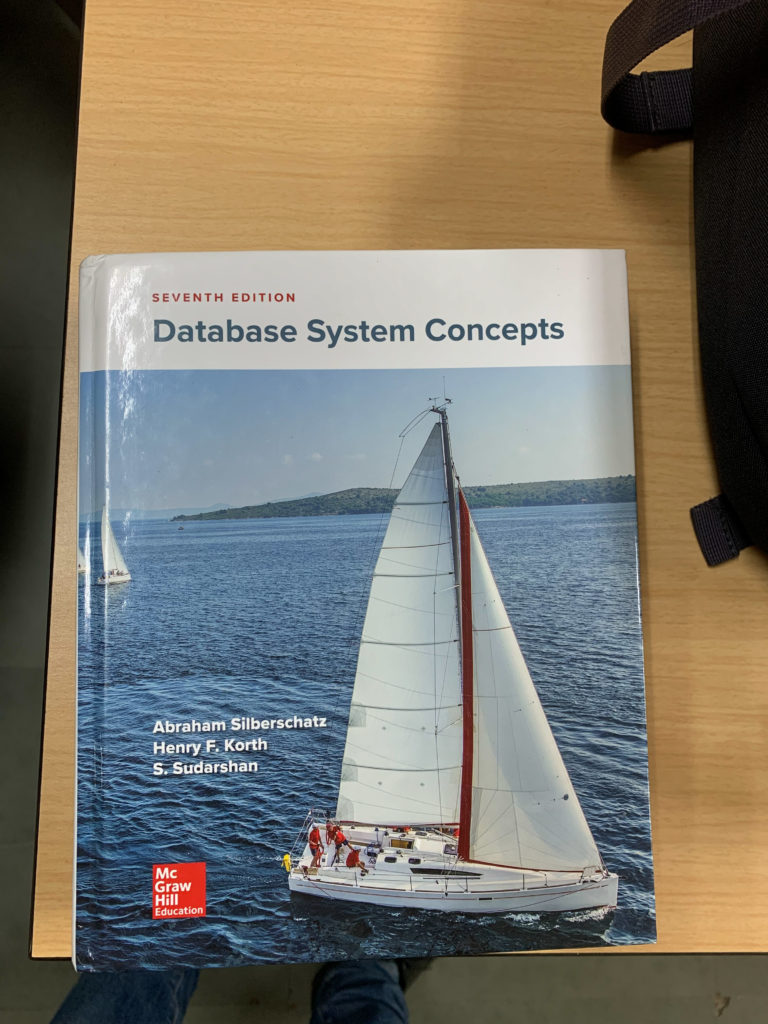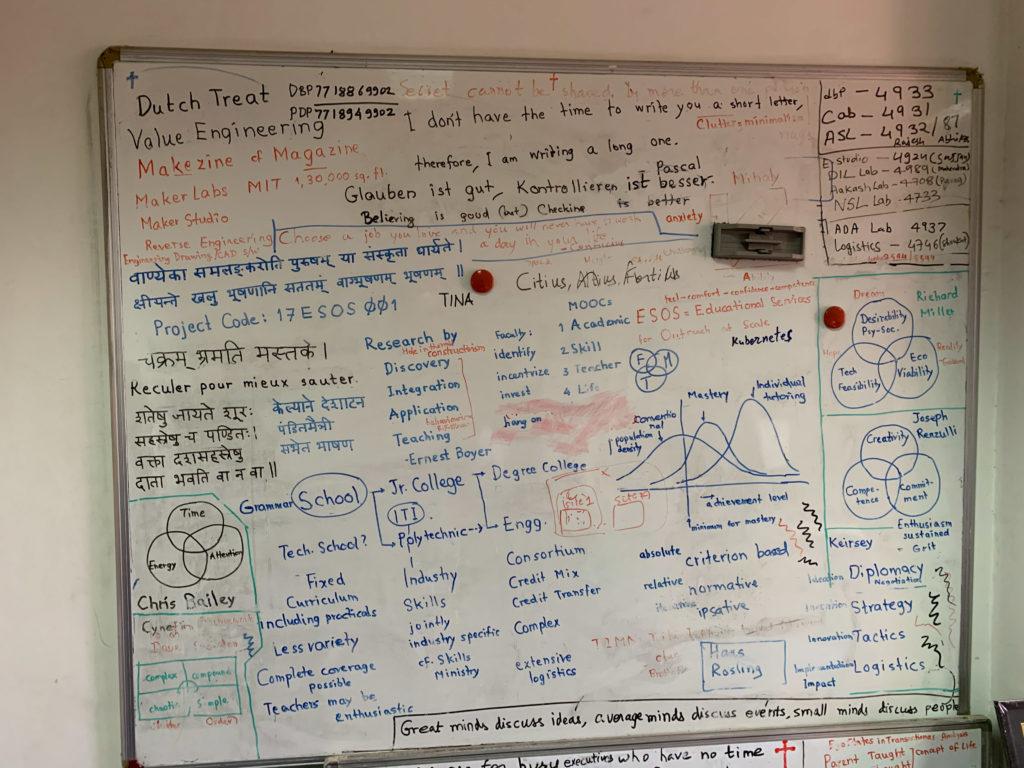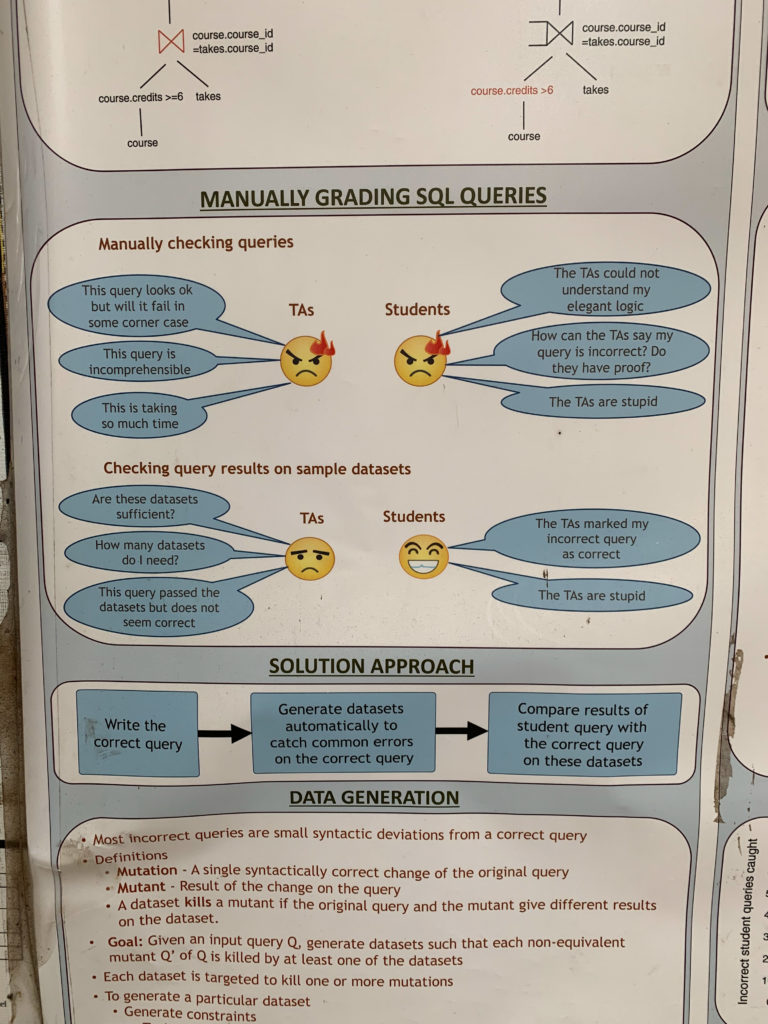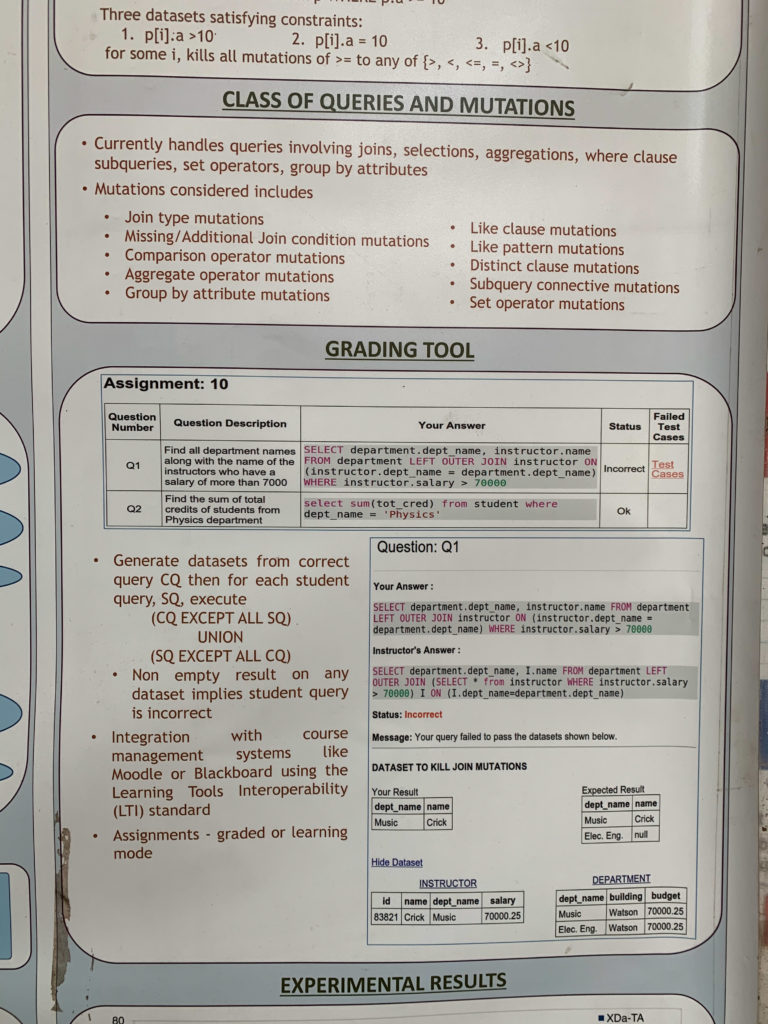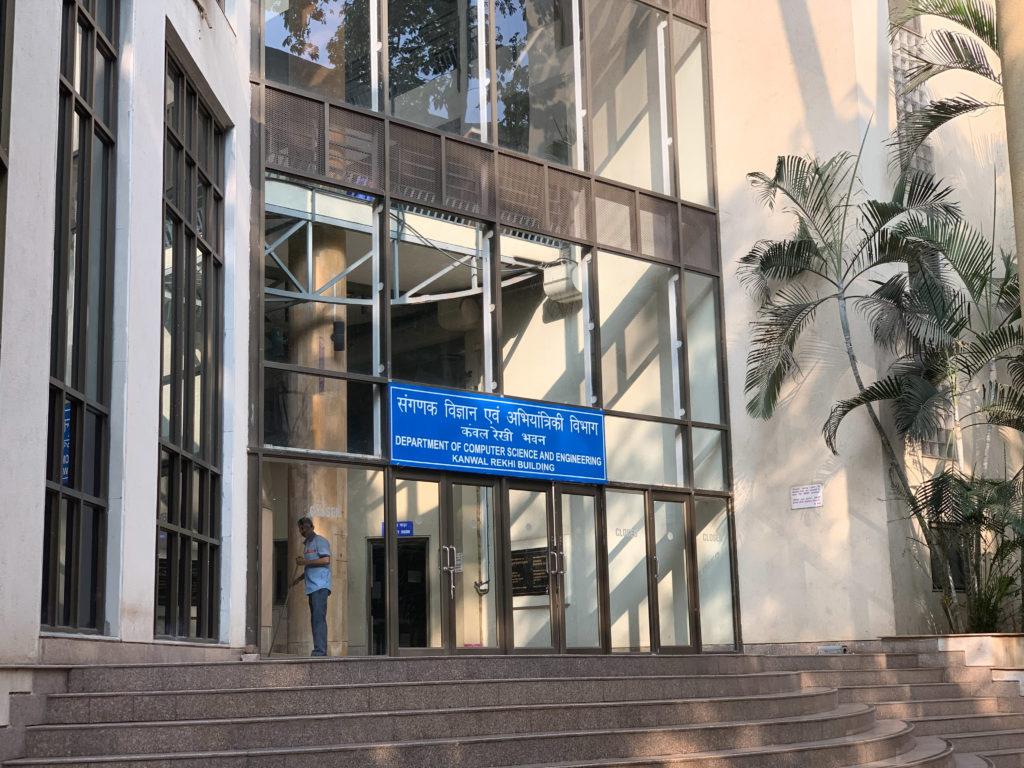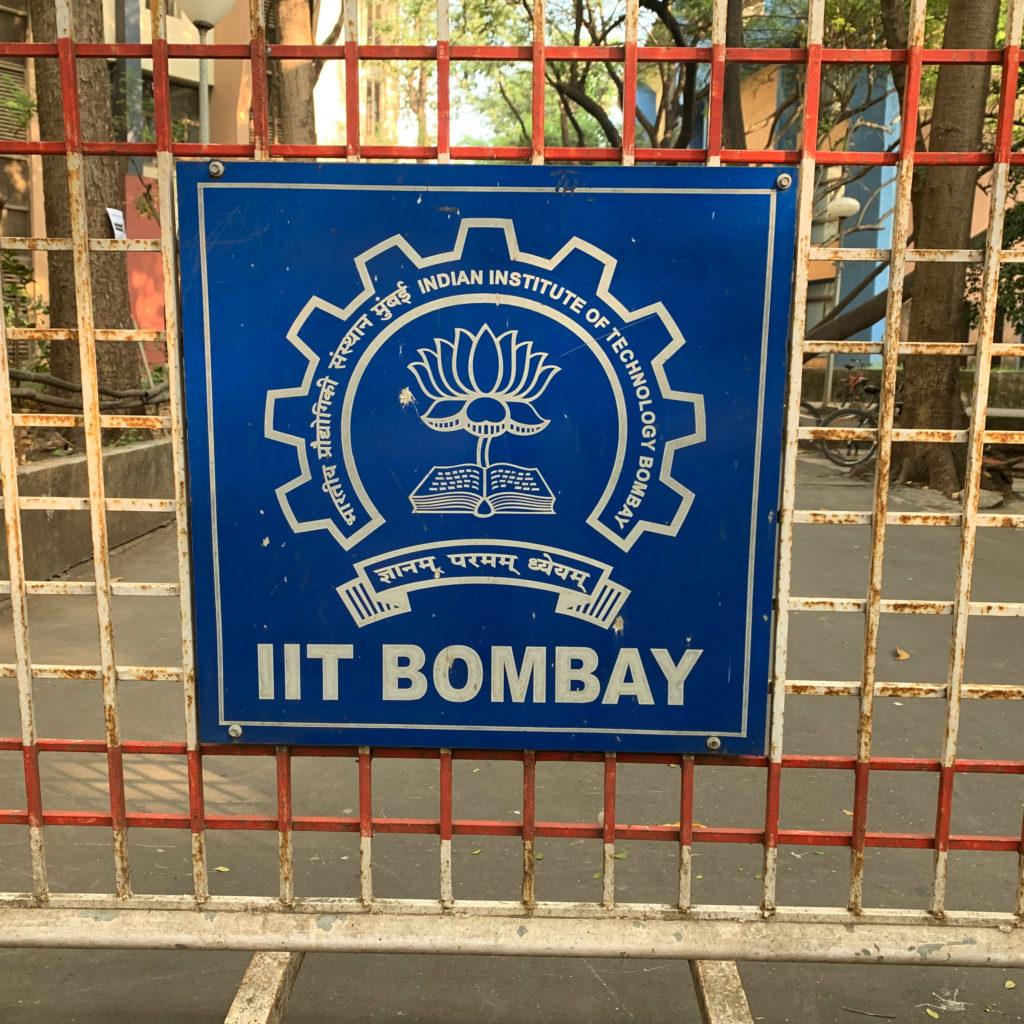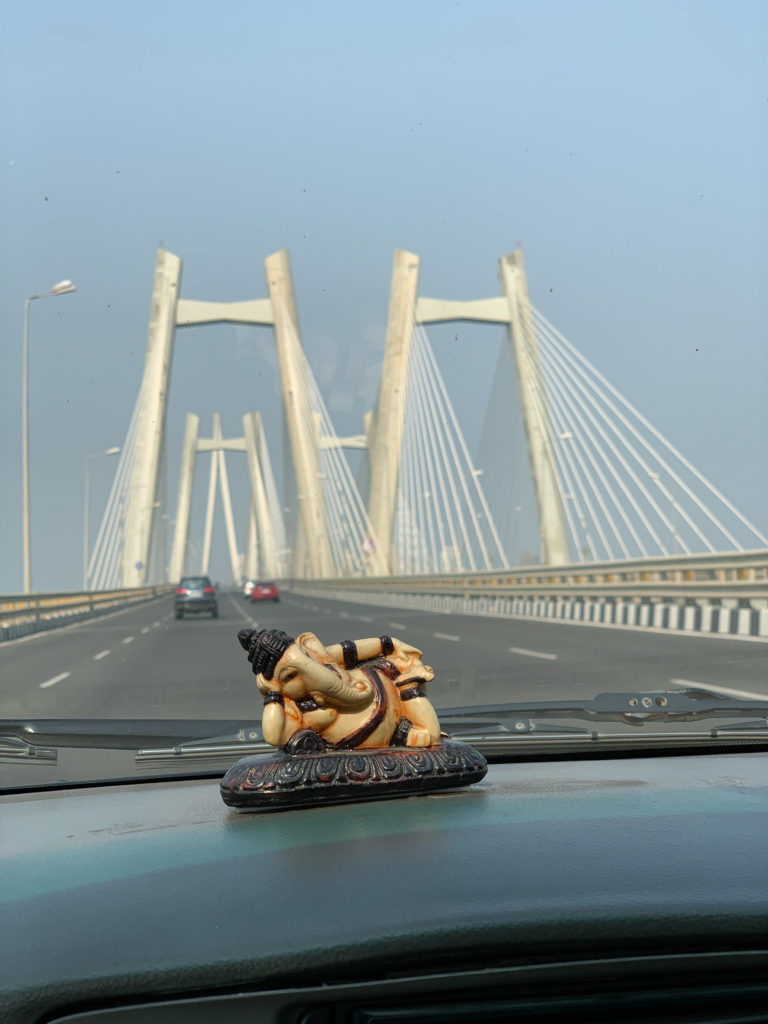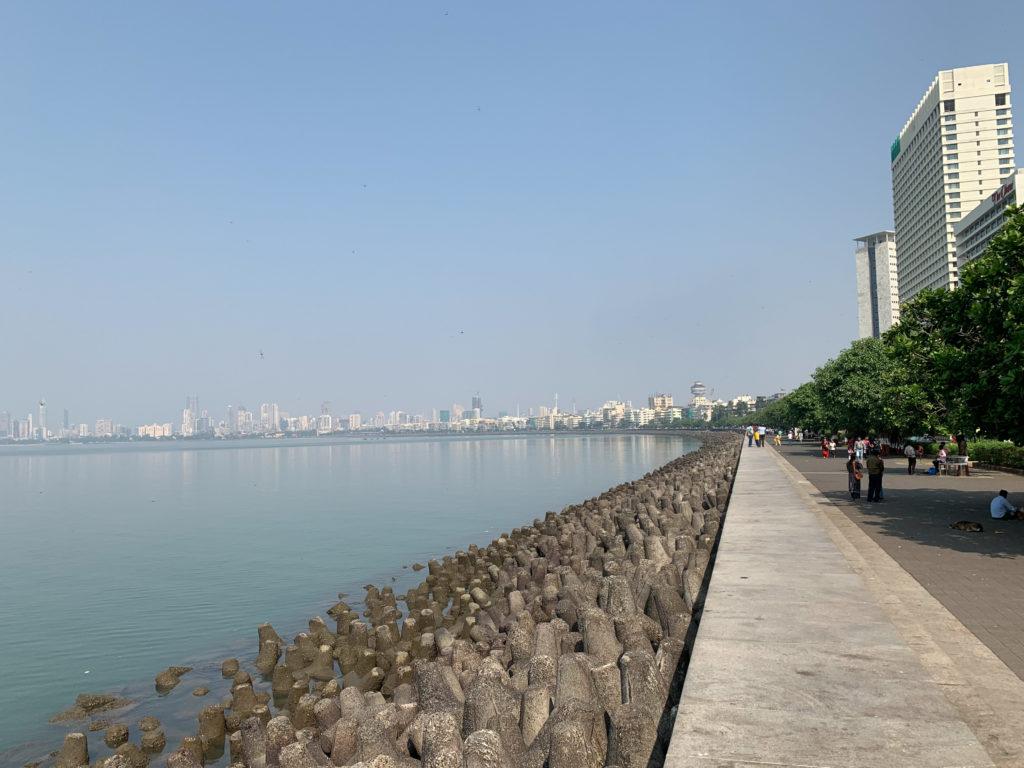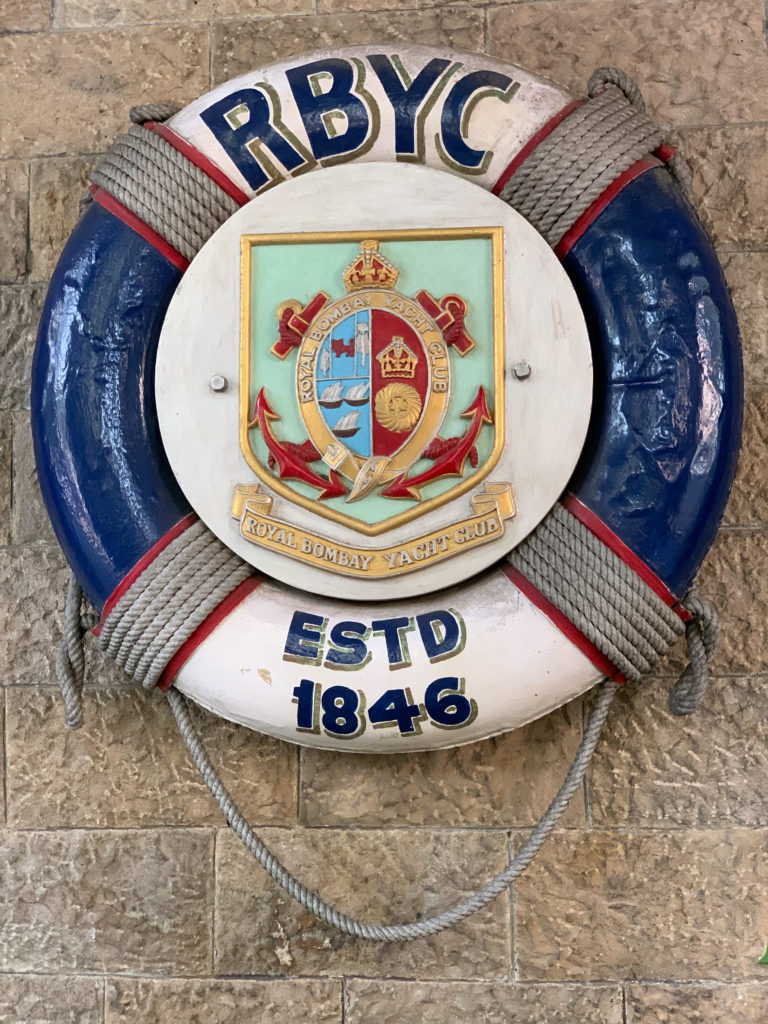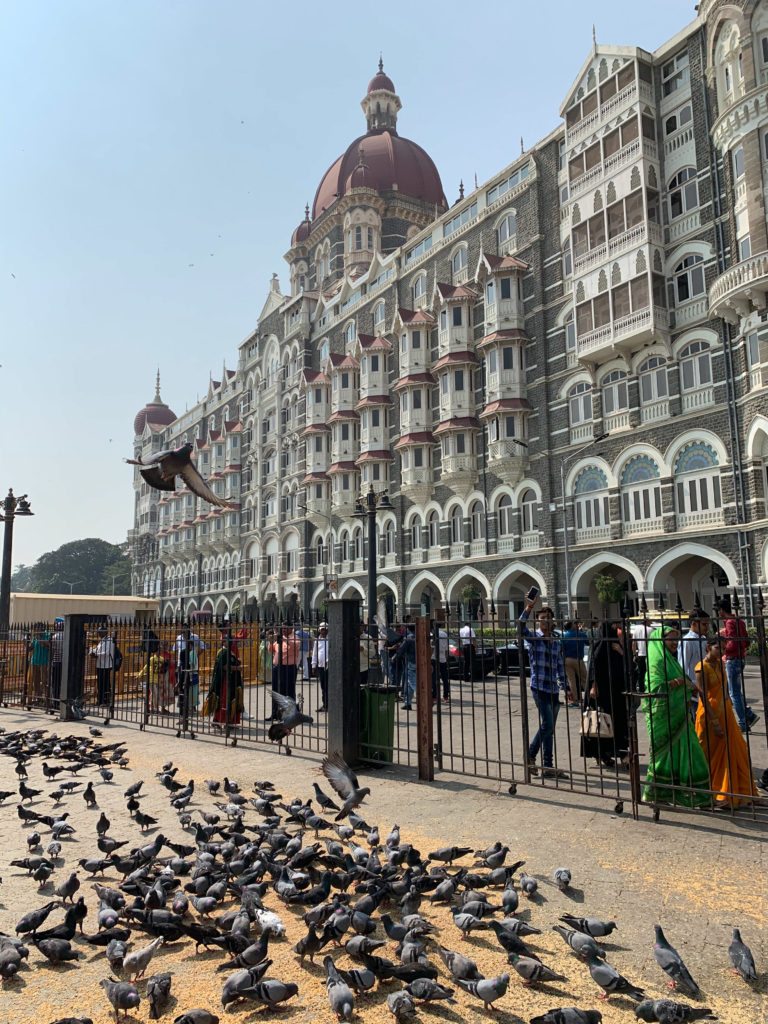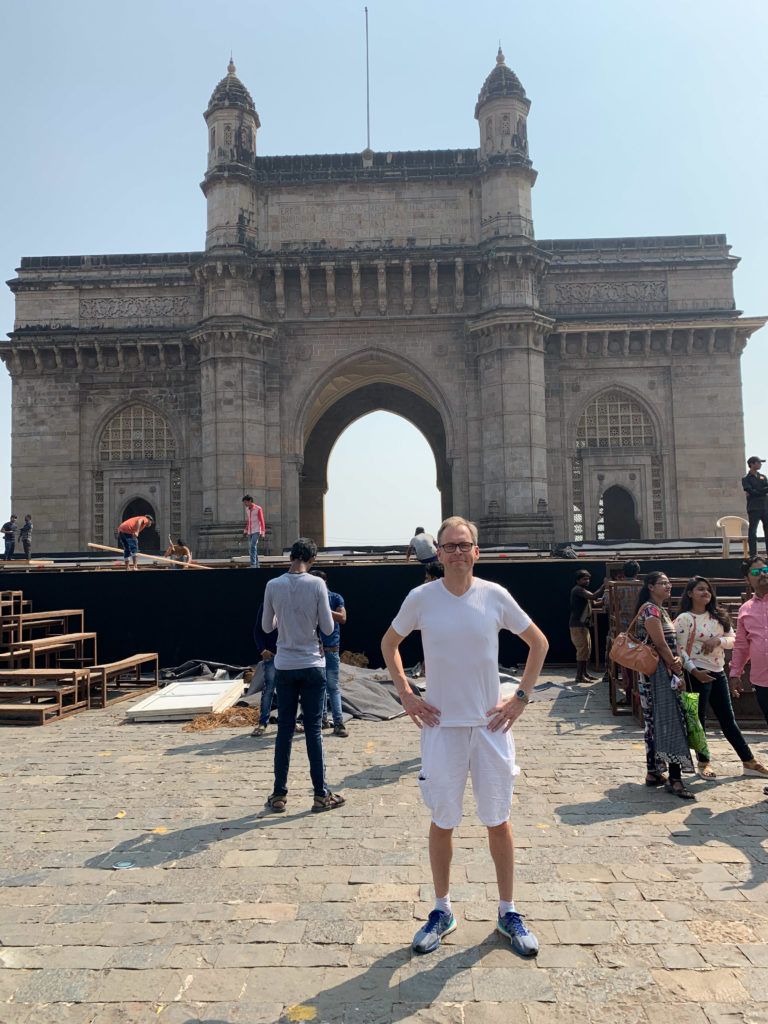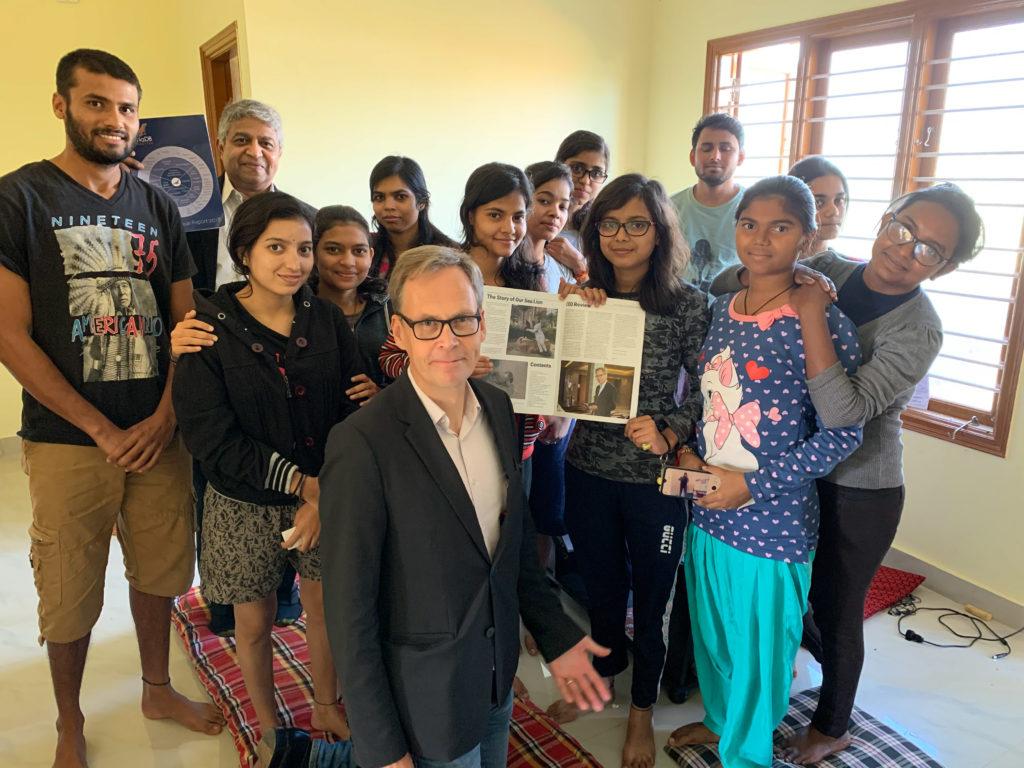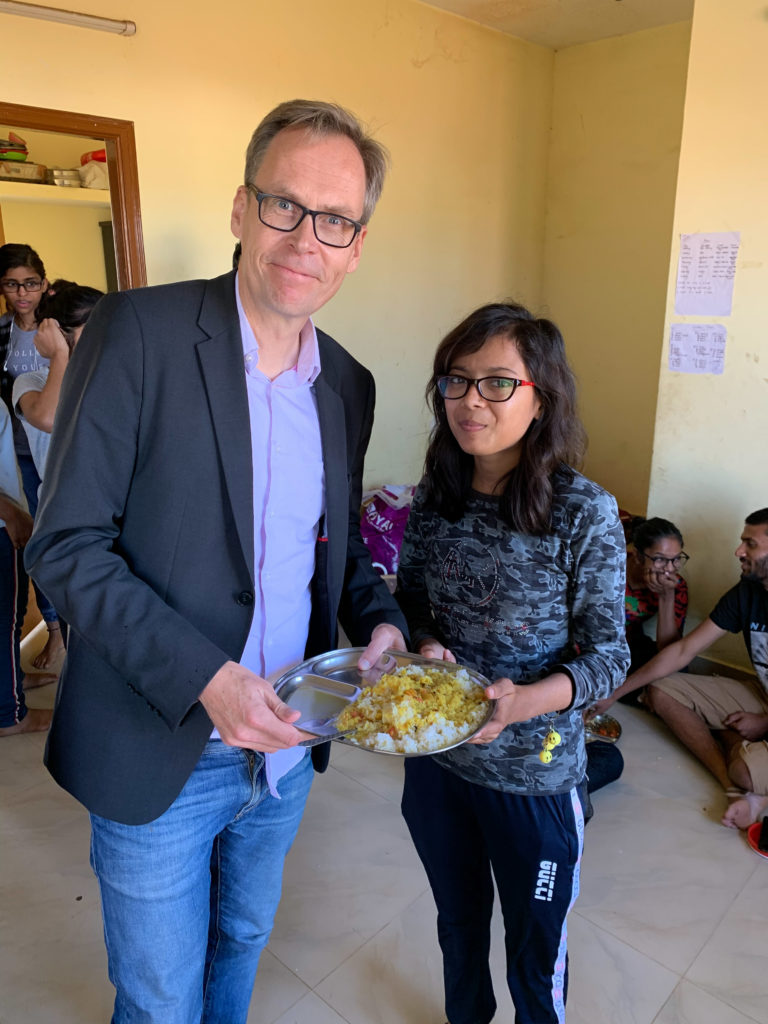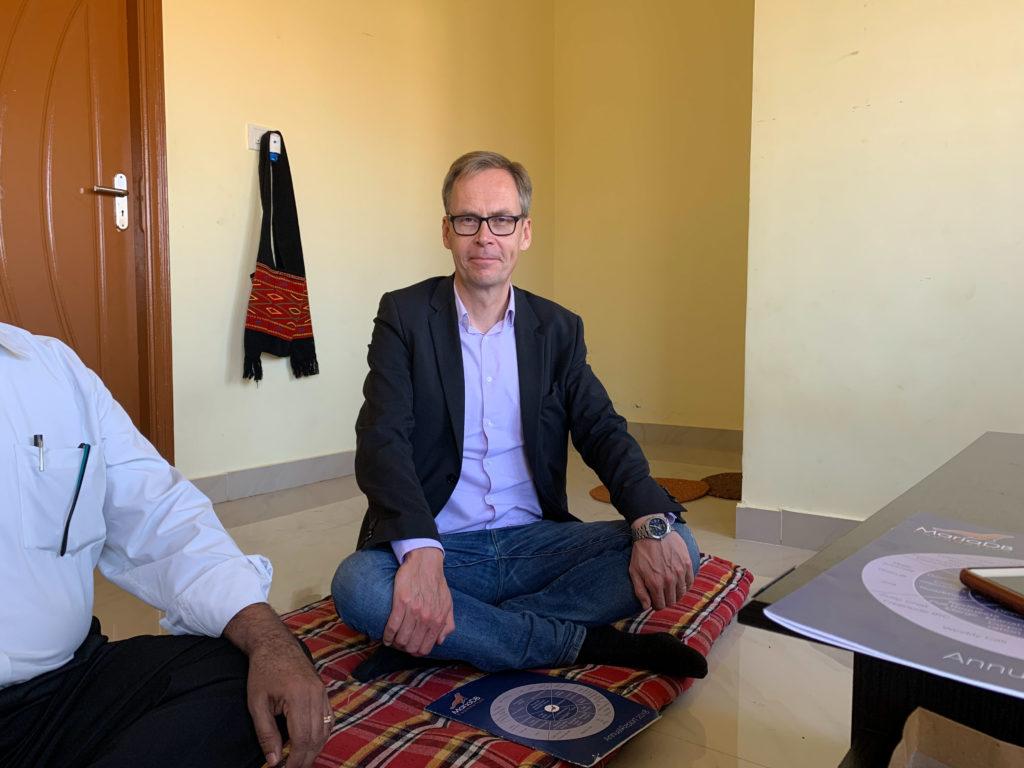Five Cities in India
A trip to Chennai, Bengaluru, Hyderabad, Pune, and Mumbai taught MariaDB Foundation the importance of India. Government and Fintech lead the pack. India has a huge supply of highly educated IT specialists, and their decision power in selecting tools (including databases) is growing. India is moving from a body-shop for Europe and the US towards becoming a hotbed for startups, and for database training and adoption, India has a near-perfect language landscape for the MariaDB Foundation University Program.
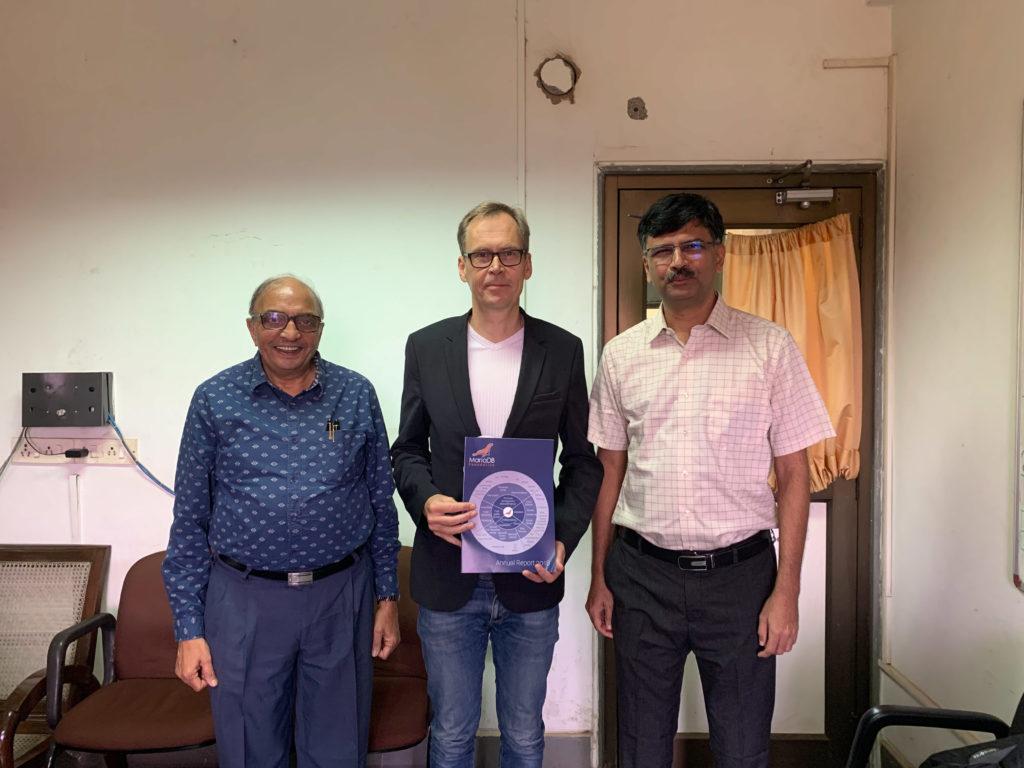
Asia is important for MariaDB Foundation. It has been that way already for long: We just concluded our second APAC MariaDB Unconference in Shanghai. We announced the MariaDB Foundation University Program in Indonesia. We have sponsors from Singapore and China. But India was a country so far a bit neglected by us.
Why India?
India is interesting for MariaDB Foundation for many reasons. As the world’s second-most populous country, India has a huge user base for databases. India has for long been a huge resource pool for developers of software managed from overseas, but increasingly, it is becoming a hotbed for startups. No wonder, as India has a long tradition in mathematics and natural sciences. And, a special aspect interesting for MariaDB Foundation, India has a unique landscape of languages, with English widely spoken on a native level, yet with a plethora of languages that ensures understanding of the need for multilingual support for database adoption.
This was the backdrop for a week of travels in India, at the end of November 2019, on the way home after the Unconference week in Shanghai. My colleague Prashant Joshi, as VP Alliances for MariaDB Foundation, had prepared a set of visits in five cities, where we investigated the opportunities for a deepened relationship between MariaDB Foundation and India.
Chennai, India and Government
Monday. Our first stop was Chennai, still known as Madras when I last visited the place in the 1980s, as a student and tourist. While a definitive ranking of India’s cities on an IT proficiency scale is not unanimously agreed, Chennai is undoubtedly amongst the top three. Broad education has contributed to Chennai’s rise. In Chennai, we had the opportunity to meet with a few contacts from Prashant’s network.
My lesson from Chennai: MariaDB Server faces a similar situation in India as it did a couple of years ago in China. The government sector in India is important, not just as a market unto itself, but as a thought leader and role model for Indian enterprises. Although the political systems in India and China differ, there are some similarities here.
Bangalore and Fintech
Tuesday. Second stop: Bangalore. Familiar from a number of earlier, IT related revisits. Also a top three place in India for IT. We met with a contact in the finance sector, connected by MariaDB Foundation sponsor and key user DBS Bank in Singapore. DBS Bank having replaced Oracle with MariaDB Server is big news everywhere, but of course all the more so in India, which has contributed a lot of the IT experts needed in the overall DBS migration effort.
My lesson from Bangalore: Fintech drives a lot of IT in general, and databases in particular. This goes for India as much as everywhere else. We need to compile use cases and success stories, in order to lead the growing Indian Fintech industry by example, to show the benefits of lessening vendor lock in on Oracle, by migrating to MariaDB Server, as an open source database.
Hyderabad, Google and Indian millennials
Wednesday. Our third stop was Hyderabad, again a familiar place from earlier IT visits, and again within India’s top three. In HYD, we visited with Rutuja Surve, a MariaDB Foundation alumni now working for Google. She introduced us to her young Google colleagues, and we got the opportunity to chat about India’s IT industry, about MariaDB’s position within it, and about what drives India’s IT youth.
My lesson from Hyderabad: India not only plays sports exclusive to the Commonwealth, as we noted in our hotel which was somewhat of a home base for FC Hyderabad, sporting some European and South American expat players. But more on topic, India seems to be a place which is largely approached “automatically” through non-Indian, English-language media. “Everyone” reads medium.com, follows Stack Overflow, reads TechCrunch, unlike for instance China and Japan, and partly even Indonesia.
Pune, experience and Indian ok-boomers
Thursday. Pune, our fourth stop, was a city I had never been to before. Sure, I had heard of it, in the context of being another important Indian IT city, very close to Mumbai in both distance and culture. Rutuja, while still working for MariaDB Foundation, was based in Pune. In Pune, we got to meet with Prashant’s former colleagues, one generation older than Rutuja – and with them, we could establish a common ground on “ancient IT prehistory”, meaning what happened in the scene during the 1980s and 1990s. That was a time that set the stage for MySQL (first released in 1995) and what would later become MariaDB.
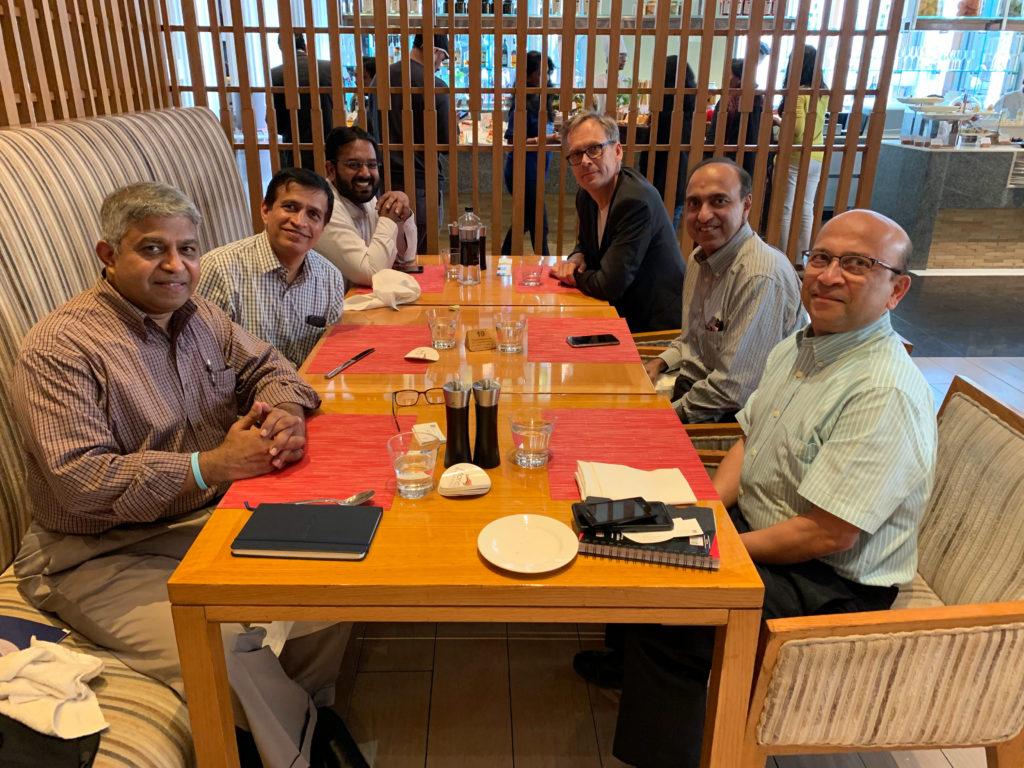
Great talks with Prashant’s old colleagues 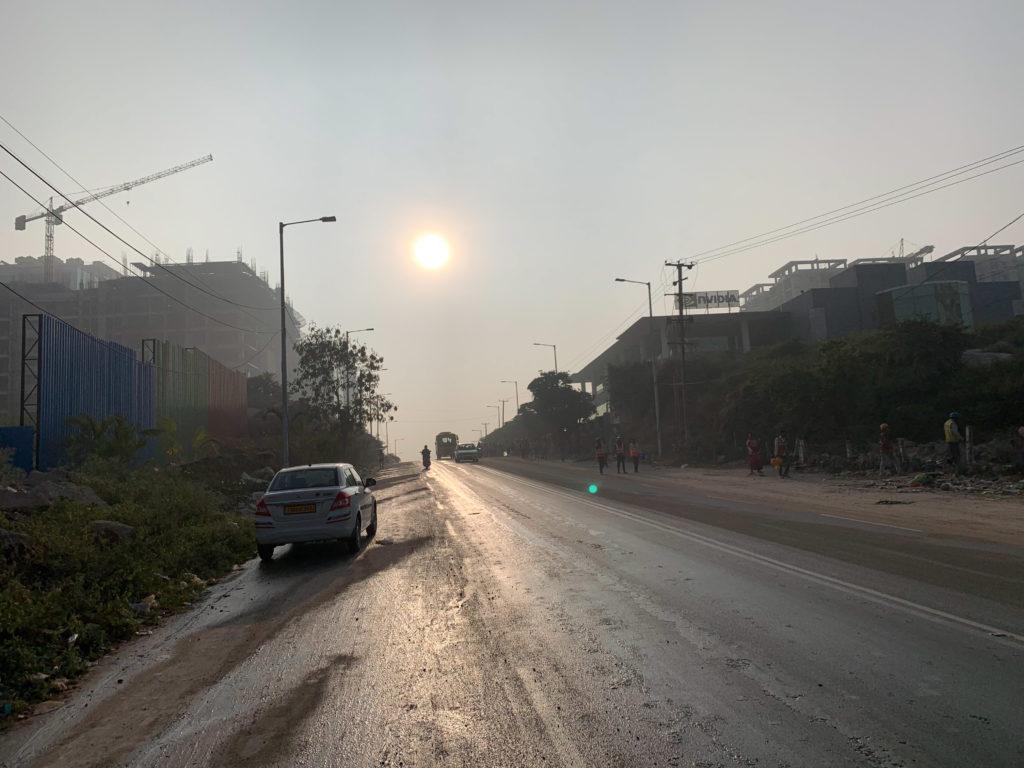
India is good for morning runs, too 
Beware the occasional cow or dog 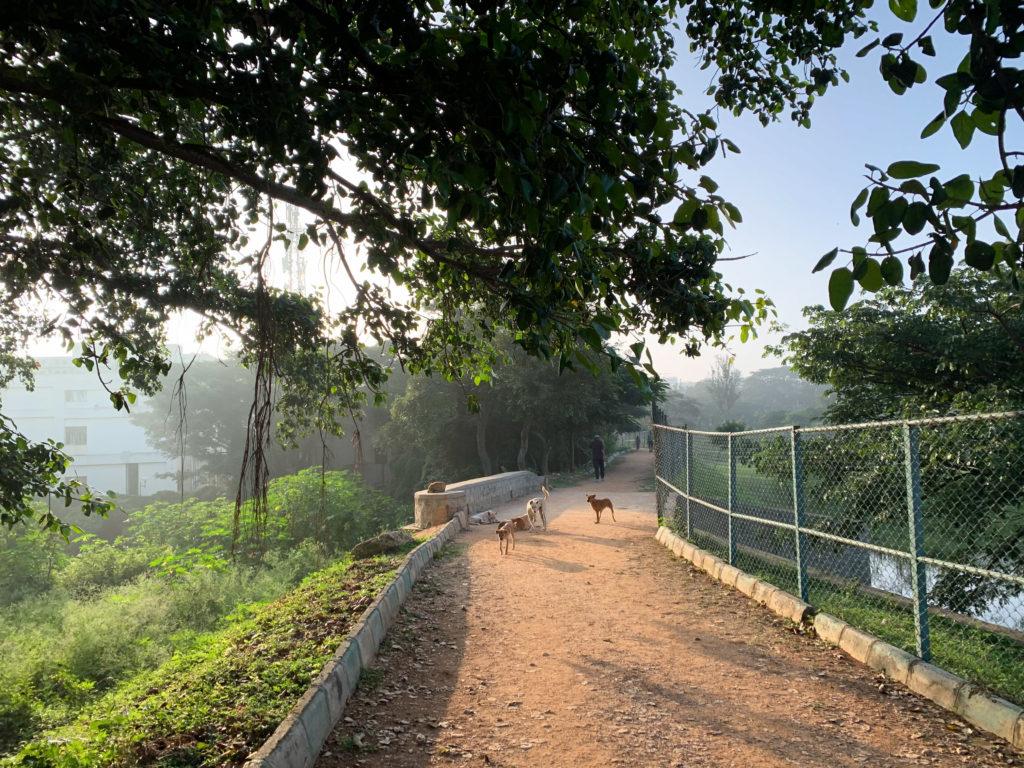
A running track was easier than running in traffic 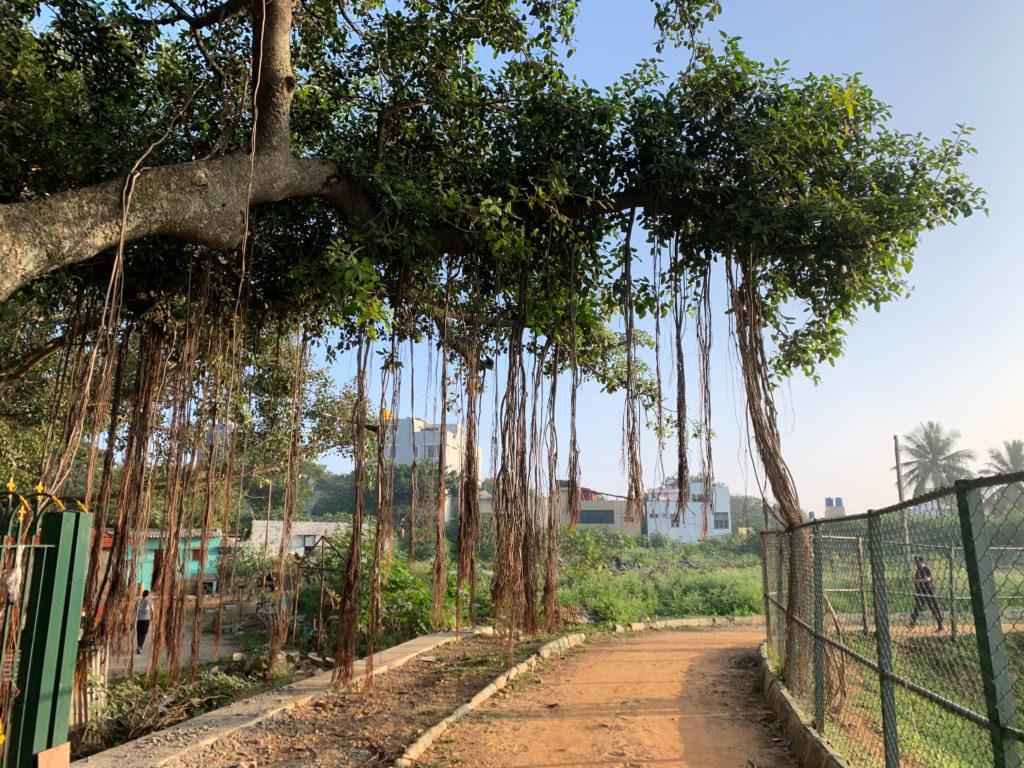
Not too many other runners 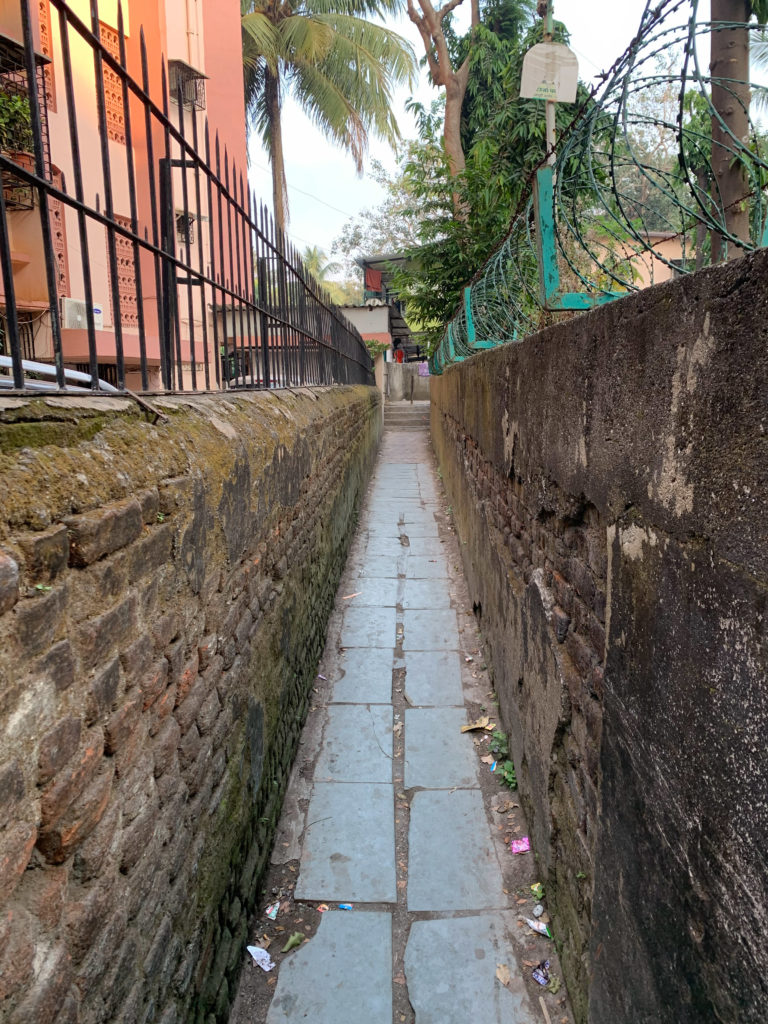
An alley during a morning run detour 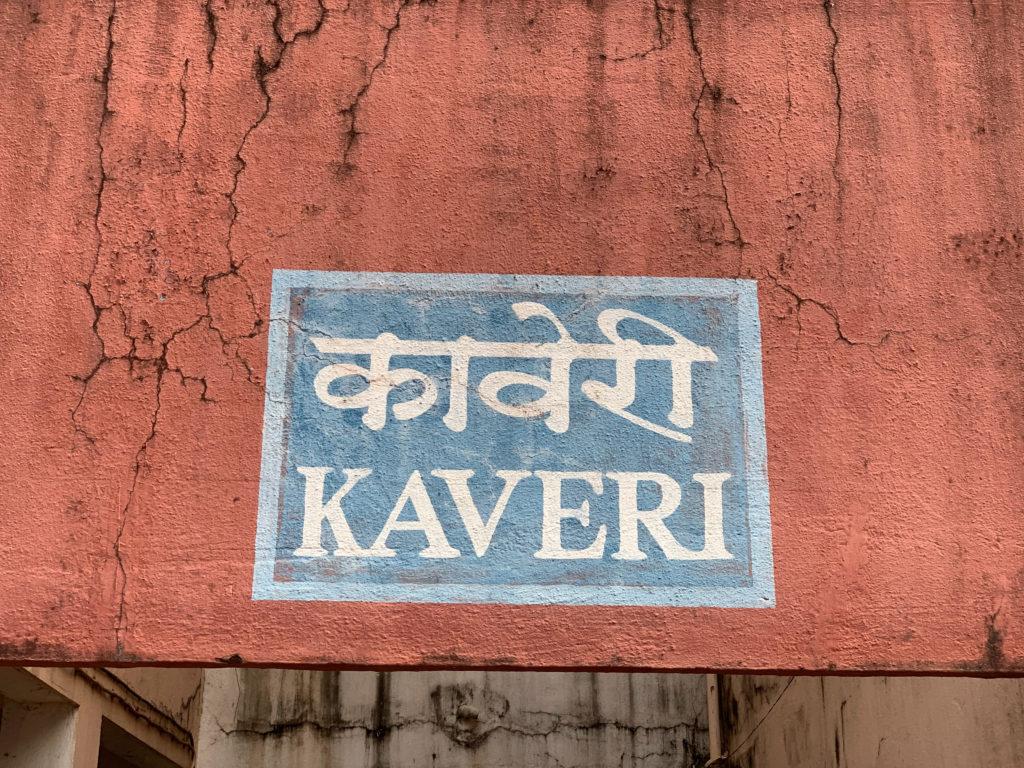
“Kaveri” means “Buddy” in Finland, in the slang mixture … 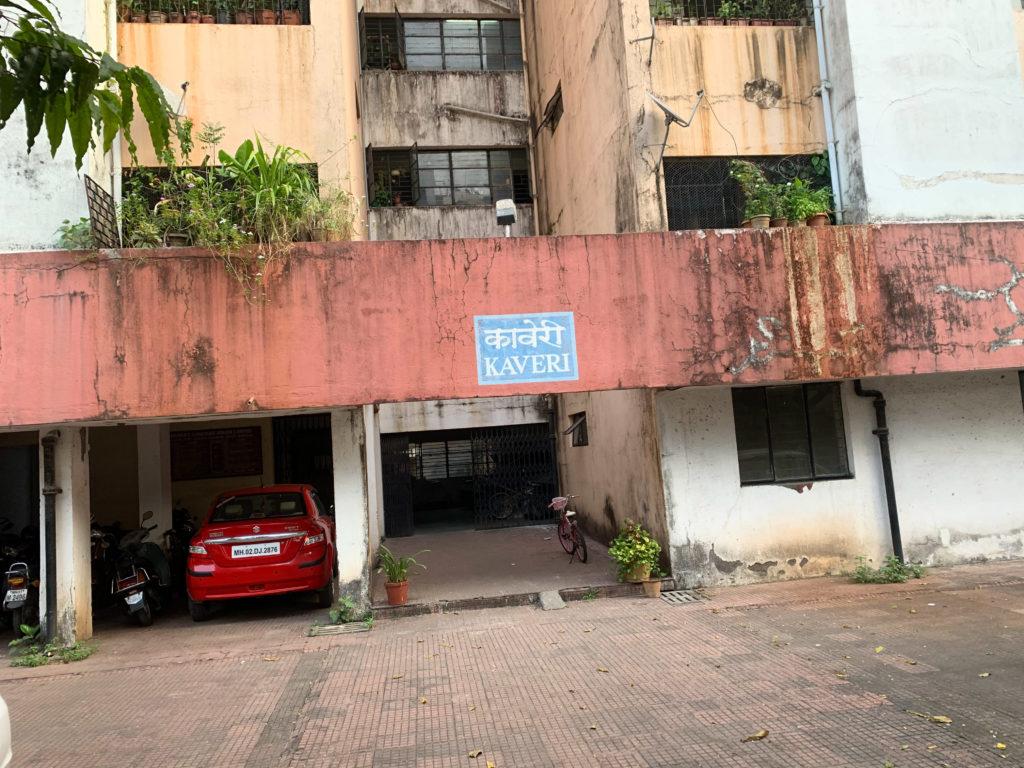
… between Swedish “kamrat” and Finnish “toveri”, both of which literally mean “comrade”.
My lesson from Pune: The world is similar. All over the place, people share experiences. The significance of Open Source had not gone past my fellow ok boomers, who had a very similar IT value set to mine and that of my colleagues the same age. They were well connected internationally and in India, and through the shared war stories, they established another contact for our IIT Bombay visit the day after. Very good vibes.
Mumbai, IIT Bombay and Spoken Tutorials
Friday: Mumbai was close enough for our first on-the-road transition. Driving through beautiful Maharashtra we had time to prepare for getting to know some of the best IT and database brains in the world, Professor Emeritus Deepak Phatak, Professor S. Sudarshan and Chair Professor Kannan Moudgalya. Professor Emeritus Phatak gave us great insights into the database industry in India, and got so interested that he asked his successor Prof. S. Sudarshan to join, to explore how IIT Bombay could expand its usage of MariaDB Server. If the name “S. Sudarshan” sounds vaguely familiar to you, I can tell you that we got to meet one of three co-authors of the currently most-used academic book on databases. When I studied in the 1980s, everyone read Database Systems by C.J. Date; nowadays, it is Database System Concepts, today already into its 7th edition, with the other two authors being Avi Silberschatz and Henry F. Korth.
My lesson from Mumbai: Focus on India. Do so especially for the MariaDB Foundation University Program. Prof. Moudgalya’s “Spoken Tutorials” have done so much already for Free and Open Source Software, through tutorials for millions of students, in tens of languages. We don’t need to reinvent wheels, we can stand on the shoulders of giants like IIT Bombay. ज्ञानम् परमम् ध्येयम् – Sanskrit for Knowledge is the Ultimate Goal – IIT-B’s inspiring motto.
Conclusion
India had a lot in store for us in November 2019, and opened our eyes to the importance of MariaDB Foundation spending more time and focus in India going forward.
A big thank you goes out to everyone we met during our five cities tour, and very much also to Prashant, for opening doors and for arranging the practicalities of the trip. Side note: IndiGo became our friend, and their flights were nearly always on time. Logistics in India was frictionless.
Looking forward to more activities in India the upcoming year!
